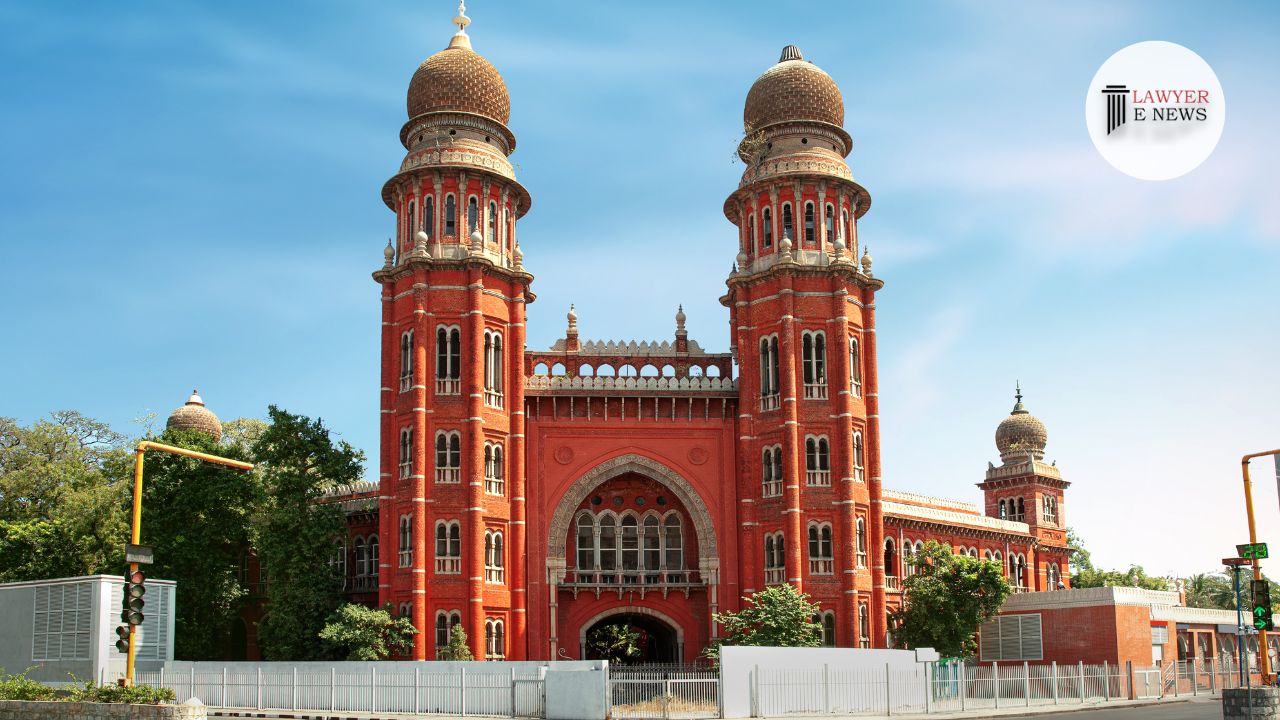-
by Admin
15 February 2026 2:36 AM



High Court overturns trial court conviction, emphasizing contradictions in testimonies and shoddy investigation.
The Madras High Court, on June 21, 2024, acquitted Rahul Gandhi in a case involving allegations of rape under the pretext of a false promise of marriage. Justice M. Dhandapani, who presided over the case, noted significant flaws in the prosecution’s evidence and highlighted the critical importance of the victim’s knowledge of the accused’s marital status, which invalidated claims of consent obtained under misconception.
The appellant, Rahul Gandhi, was convicted by the Sessions Judge, Mahila Fast Track Court, Villupuram, for charges under Sections 376 (rape), 417 (cheating), 294(b) (obscene acts and songs), 352 (assault or use of criminal force), and 506(i) (criminal intimidation) of the Indian Penal Code (IPC). The prosecution alleged that Gandhi had sexually assaulted the prosecutrix (P.W.1) under the false promise of marriage, resulting in multiple acts of sexual intercourse. The complaint was lodged on December 12, 2019, five days after the last alleged incident.
Justice Dhandapani highlighted numerous contradictions in the testimonies of key witnesses, including the prosecutrix and her relatives. “The evidence as a whole bristles with many contradictions and interpolations, making it untrustworthy,” the judgment stated.
A key point in the judgment was the issue of consent under Section 90 of the IPC. The court emphasized that for a conviction under rape charges based on a false promise of marriage, it must be proven that the promise induced the victim to consent under a misconception of fact. “The prosecutrix knew that the appellant was married and had a child, thus nullifying any misconception of fact regarding a promise of marriage,” noted Justice Dhandapani.
While addressing the five-day delay in lodging the First Information Report (FIR), the court recognized the social and cultural context but criticized the police for their delayed investigation. “Though the complaint was lodged on December 12, 2019, the investigation commenced only on January 22, 2020, without a plausible explanation,” Justice Dhandapani observed.
The court carefully scrutinized the depositions of P.W.1 (the prosecutrix) and other key witnesses. It noted that the testimonies were fraught with inconsistencies and lacked corroborative evidence. For instance, P.W.1’s account of multiple instances of sexual intercourse based on a promise of marriage was not supported by any evidence of coercion or misconception.
The medical examination of the prosecutrix conducted by P.W.10 revealed no signs of force or violence. The court underscored, “The absence of injuries or evidence of violence negates the claim of non-consensual intercourse.”
Justice Dhandapani extensively discussed the legal principles surrounding consent and the requirements under Section 375 IPC (rape) and Section 90 IPC (consent under misconception). Citing precedents such as Uday v. State of Karnataka (2003) and Jayanti Rani Panda v. State of West Bengal (1983), the judgment concluded that the prosecution failed to prove that the consent was obtained under a misconception of fact.
Justice Dhandapani remarked, “The consent given by P.W.1 cannot be deemed as given under a misconception of fact when she was aware of the appellant’s marital status. The evidence does not support the prosecution’s narrative of a false promise of marriage leading to the act of sexual intercourse.”
The acquittal of Rahul Gandhi underscores the judiciary’s rigorous standards for evidence in criminal cases, particularly those involving allegations of sexual violence. This judgment highlights the necessity of clear, consistent evidence and prompt investigative action to uphold the integrity of the legal process. It also serves as a reminder of the complexities involved in cases of alleged rape under false promises, where the nuances of consent and misconception must be meticulously examined.
Date of Decision: June 21, 2024
Rahul Gandhi v. The State
